The International Monetary Fund (IMF) has removed Nigeria from its list of debtor-countries.
In a report, titled, “Total IMF Credit Outstanding – Movement from May 01, 2025 to May 06, 2025,” obtained on the multilateral institution’s website on Wednesday, Nigeria was not listed among the debtors, which had 91 developing and least developed countries owing the fund a total of $117,797,656,224 as at May 6, 2025.
Total IMF credit outstanding refers to the total amount of unpaid and outstanding principal due to the fund from its member countries. This includes both outstanding loans under current arrangements and those that have expired.
When contacted on the development on Wednesday, a top IMF official in Washington DC, who pleaded to remain anonymous, told THISDAY, “We are trying to confirm the reports. Nigeria borrowed during the pandemic. It was a rapid finance loan, and we are trying to confirm whether it has now been fully repaid.”
However, StatiSense, a data company, which also confirmed on its X handle on Wednesday that Nigeria was no longer listed on the list of countries indebted to IMF, revealed that as at July 28, 2023, Nigeria owed the fund $1.61 billion.
StatiSense said the debt was reduced to $1.37 billion as at January 5, 2024; $933.03 million as at July 10, 2024; $472.06 million as at January 8, 2025, before it was finally settled this month.
It was learnt that the value was converted from Special Drawing Rights (SDR), an international reserve asset created by the IMF to supplement the official reserves of its member countries, to US dollars.
In a post on his X handle, Senior Special Assistant to the President on Digital Engagement, Strategy, and New Media, O’tega Ogra, said the development was a sign of discipline, reform, and strategic reset by the Tinubu administration in restructuring “our finances to enable us to be better placed for a prosperous future”.
Ogra added, “As Nigeria closes the chapter on these legacy debt obligations, we are better placed to strengthen our fiscal credibility and show the world, and ourselves that Nigeria is serious about managing our economy with responsibility and vision.
“Does this mean no more business with the IMF or other foreign lenders? No! Nigeria still remains a member of the IMF and can approach it at any time if the situation demands. This is definitely not a door slammed shut.
“Why? Because, global partnerships, like the IMF, remain valuable allies, especially in a world defined by volatility and uncertainty. The difference now is that any future engagement will be proactive, not reactive, and will also be based on partnership, not dependence. Debt clearance today, reform momentum tomorrow.
“President Bola Tinubu will continue to prioritise long-term reforms with sound financial management for the benefit of our country and generations yet unborn. Nigeria is rising with clarity, capacity, and credibility, and this is why you should take a #BetOnNigeria.”
The IMF recently commended Nigeria’s ongoing economic reforms, describing them as bold measures that had helped stabilise the economy and lay the groundwork for future growth.
In its recent 2025 Article IV Consultation Mission to Nigeria last month by a team led by Axel Schimmelpfennig, IMF had stated, “The Nigerian authorities have taken important steps to stabilise the economy, enhance resilience, and support growth. These reforms have put Nigeria in a better position to navigate the external environment.
“The macroeconomic outlook is marked by significant uncertainty. Elevated global risk sentiment and lower oil prices impact the Nigerian economy.
“Macroeconomic policies need to further strengthen buffers and resilience, reduce inflation, and support private sector-led growth.”
Schimmelpfennig, in the statement, noticed that the cessation of deficit financing by CentraL Bank of Nigeria (CBN), removal of costly fuel subsidies, and improvements in the foreign exchange market were major policy shifts that signalled a commitment to reform.


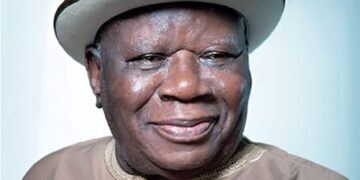

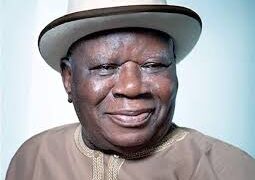
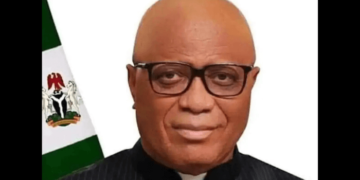







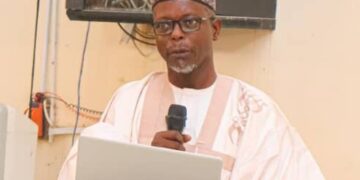










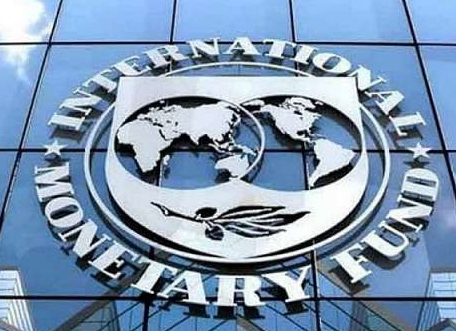
















Discussion about this post